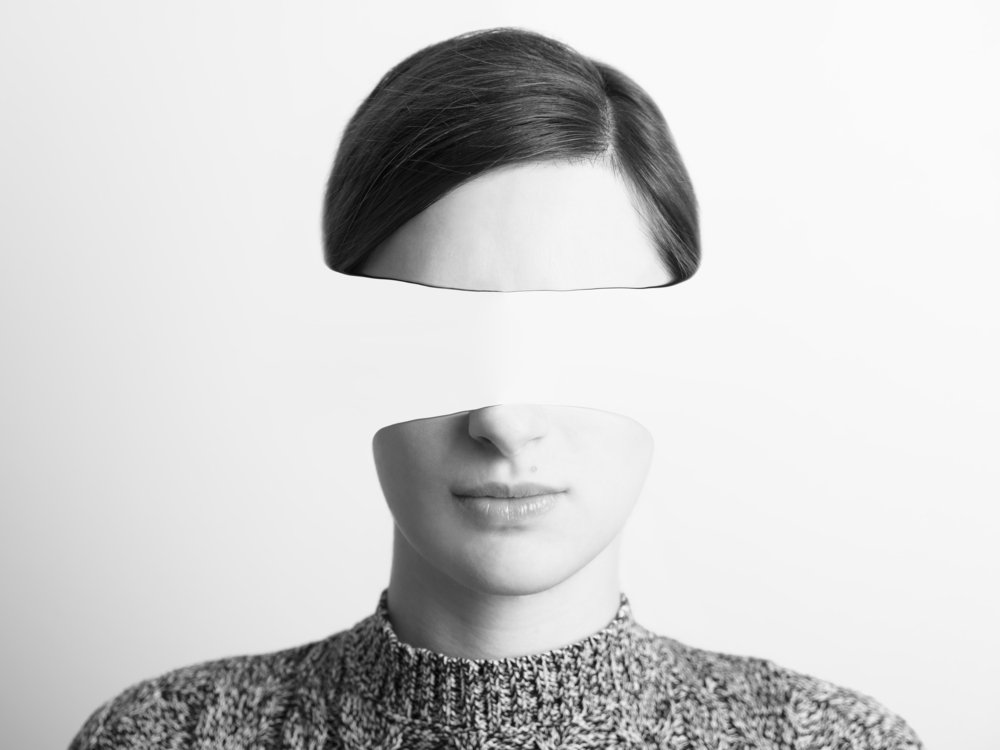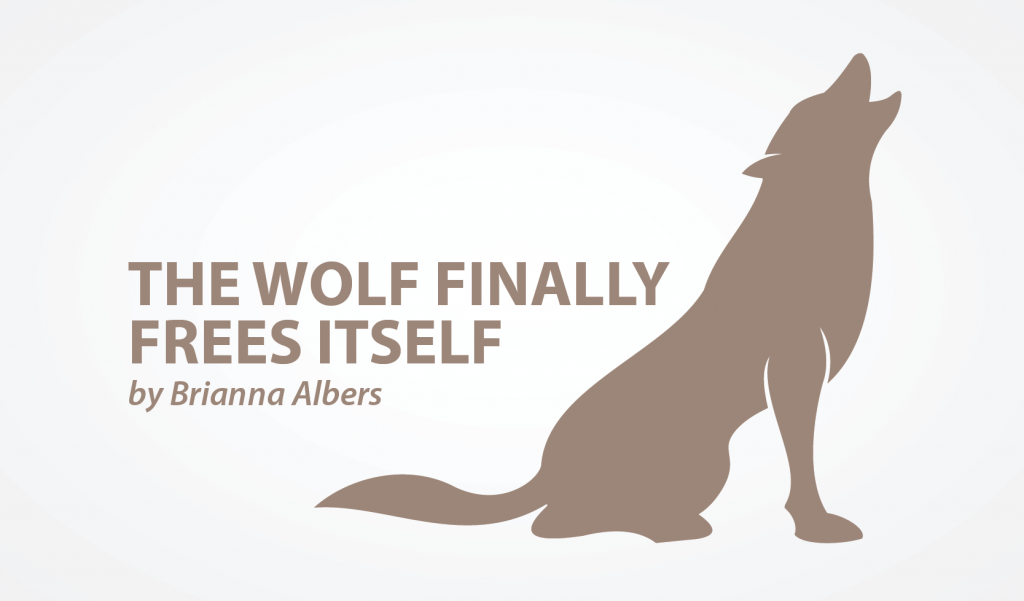Where Disability and Mental Illness Meet, Silence Isn’t an Option
Written by |


I’ve been depressed on and off for over a decade; I’ve what is called persistent depressive disorder or “dysthymia.” I still feel hopeless, I still lack productivity, I still struggle to enjoy my favorite activities — they’re just intermittent, and longer-lasting, struggles. And I don’t really talk about it that much, mainly because I’m what they call “high-functioning.” I don’t sleep all day. I don’t go hours without eating. I don’t usually struggle with insomnia, though lately I have been — that 1 a.m. staccato of please let me sleep, please let me rest.
When I’m depressed I push myself. I need to always be doing something somewhere with someone, otherwise I know I’ll get sad and moody and — numb. So that’s what I do. I don’t stop. I go till I can’t anymore, till I’m crying in bed at 5 a.m. because the runny light of early morning is just starting to bleed through my bedroom window, all gauze-like and hazy, and I still haven’t managed to shut my eyes.
I joke about my yearly midsummer depression, only because that’s how I cope. Humor gets me through things. So I tweet about it, tack a trademark symbol on the end — it’s popular these days, this kind of macabre sense of existentialism that informs the “everything hurts and I’m dying” personality on social media.
I get depressed during the summer because I’m not in school, and I’m not doing anything to further myself or my career, so I do whatever I can to feel like I’m moving. I travel halfway across the country. I write 810 words of my book a day. I play Dungeons & Dragons with my friends in the basement of my childhood home, and then I go and watch the livestream of an online D&D campaign while catching up on work emails. I don’t stop. I can’t.
For the longest time, I refused to acknowledge it. I didn’t want to be depressed. I didn’t want people to immediately associate me and my disability with mental illness. Plus, 95% of the time, I’m happy. I like who I am, I like my life, I like what my disability and I have created together.
I’m happy, and I want people to know I’m happy. I want people to see me being happy, because hopefully that will help them understand that disability is not a bad thing. But then the question becomes one of authenticity. Am I really, truly happy, or is my joy a performance, something to shrug off after a day in the public gaze?
I think that, in many ways, people like me — people with disabilities, disabled people, however you want to put it — are quick to comment on just how fine they are. All because disability is so closely intertwined with tragic narratives like “Me Before You,” a film in which the disabled character — spoiler alert — commits suicide to keep his partner from “settling” for him. The world expects our stories to be sad, so we push back against any indication that they are, in fact, anything but.
Yesterday, my PCA and I took her 9-month-old to the zoo. (Another attempt at busyness. How can I be depressed while watching orangutans chase each other from tree to gnarled tree?) While driving there we talked about mental illness, how hard it is to come to terms with a diagnosis or a label. And now, writing this article, I think about the laptop sticker I bought a few weeks back, the one that says “mental health matters,” the one currently stuck to the back of my computer screen. I think about my friends, the ones who struggle with mental illness, how we have helped and healed each other in small, important ways. I think about people like me. How so much of our energy is, I think, wasted on trying to prove ourselves.
We cannot struggle in the public sphere, because struggle seals our fate. So I talk about it. I purposely use terms like “depression” and “dysthymia” and, yes, even “therapy,” in everyday conversations. I make people uncomfortable. And I won’t stop till the conversation is acknowledged, till the intersection of disability and mental illness is addressed.
***
Note: SMA News Today is strictly a news and information website about the disease. It does not provide medical advice, diagnosis, or treatment. This content is not intended to be a substitute for professional medical advice, diagnosis, or treatment. Always seek the advice of your physician or other qualified health provider with any questions you may have regarding a medical condition. Never disregard professional medical advice or delay in seeking it because of something you have read on this website. The opinions expressed in this column are not those of SMA News Today, or its parent company, Bionews Services, and are intended to spark discussion about issues pertaining to spinal muscular atrophy.







Liz
Wonderful Brianna, I luv your article. I set a link to their article into my blog. My conclusion on this topic. 😘
You must be willing to talk about your disease. No matter how easy or hard your form or type is. Because when you go into isolation, you dive up faster and depression catched you. Become one with your illness and learn to live with her in harmony, no matter how hard.
Because once the soul has fallen into a deep hole, this always has an hard side effect on your health. The soul and your brain must be free so you can better fight against your disease. 👊👍
Cheera and thanks yours
Liz
Brianna Albers
Hi Liz! Thank you so much for sharing -- this was pretty hard for me to write, even though I strive to be open about my mental illnesses. It's difficult to admit, I think, because so many people laud us for being positive and optimistic, despite our circumstances; we don't want to fall from the pedestal that people have placed us on. But it's not just a matter of pride. When we stay silent, when we reinforce the popular belief that disabled people are either suicidal or jovial, with no in-between, we only harm ourselves. And that harm always ends up affecting our health. Like you said, the soul and brain must be free, no matter what!
Much love to you. <3
Lisa
I was just diagnosed with dysthymia, now that I know what I have I'm going to fight to feel well. I have no family or friends to help me through only a good phychologist.
Tim Bossie
Keep fighting Lisa. You've already made the most important decision in this journey... now stay strong and keep the lines of communication open with your doctor!